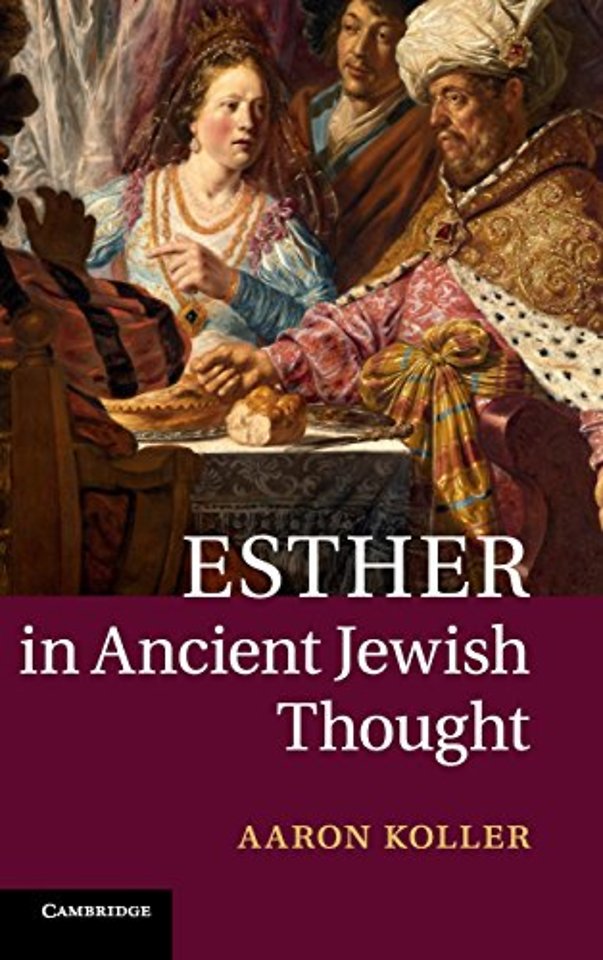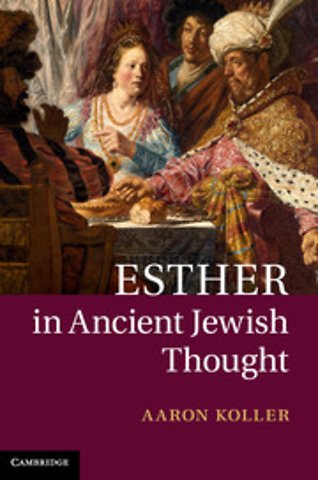Esther in Ancient Jewish Thought
Samenvatting
The book of Esther was a conscious reaction to much of the conventional wisdom of its day, challenging beliefs regarding the Jerusalem Temple, the land of Israel, Jewish law, and even God. Aaron Koller identifies Esther as primarily a political work, and shows that early reactions ranged from ignoring the book to 'rewriting' Esther in order to correct its perceived flaws. But few biblical books have been read in such different ways, and the vast quantity of Esther-interpretation in rabbinic literature indicates a conscious effort by the Rabbis to present Esther as a story of faith and traditionalism, and bring it into the fold of the grand biblical narrative. Koller situates Esther, and its many interpretations, within the intellectual and political contexts of Ancient Judaism, and discusses its controversial themes. His innovative line of enquiry will be of great interest to students and scholars of Bible and Jewish studies.

